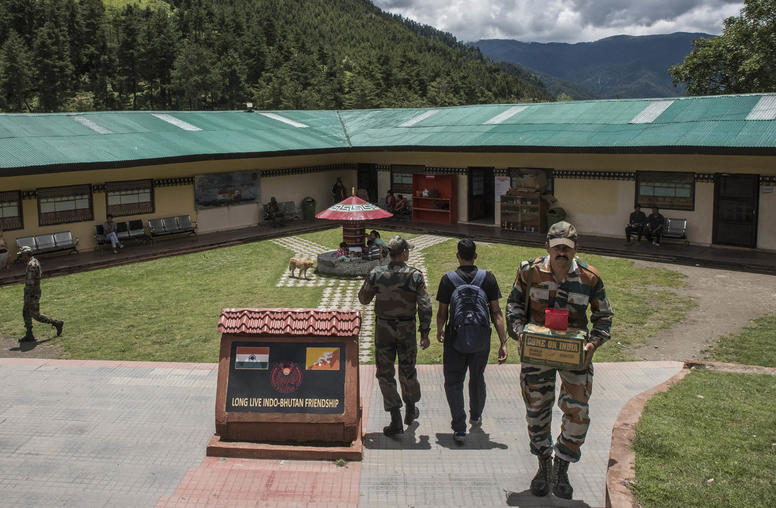Dean Cheng
Contact
Please submit all media inquiries to interviews@usip.org or call 202.429.3869.
For all other inquiries, please call 202.457.1700
Dean Cheng is a senior advisor to the China program at the U.S. Institute of Peace.
He joined USIP from The Heritage Foundation, where he spent over a decade as a senior research fellow on Chinese political and security affairs. He has written extensively on China’s military doctrine, the technological implications of its space program and “dual use” issues associated with China’s industrial and scientific infrastructure.
Before joining The Heritage Foundation, Cheng worked at Science Applications International Corporation and the China studies division of the Center for Naval Analyses, a federally funded research institute. He also served as an analyst for the international security and space program at the Office of Technology Assessment, a congressional agency, with particular expertise on China’s defense-industrial complex.
Cheng has testified many times before U.S. House and Senate committees on various aspects of Chinese security. He has appeared on public affairs shows such as “John McLaughlin’s One on One” and C-SPAN, as well as programs on NPR, CNN International, BBC World Service and International Television News.
He has been interviewed by or provided commentary for publications such as Time magazine, The Washington Post, Financial Times, Bloomberg News, Jane’s Defence Weekly, South Korea’s Chosun Ilbo, and Hong Kong’s South China Morning Post, and is the author of “Cyber Dragon,” an examination of Chinese information and cyber activities. He has also spoken at the National Space Symposium, National Defense University, the Air Force Academy, MIT and the Eisenhower Center for Space and Defense Studies.



